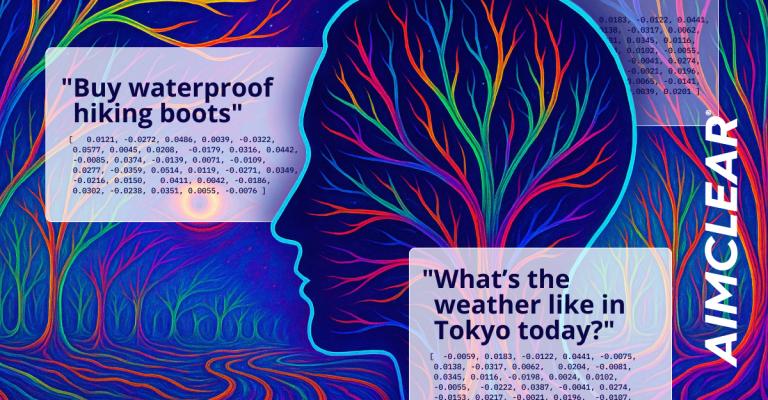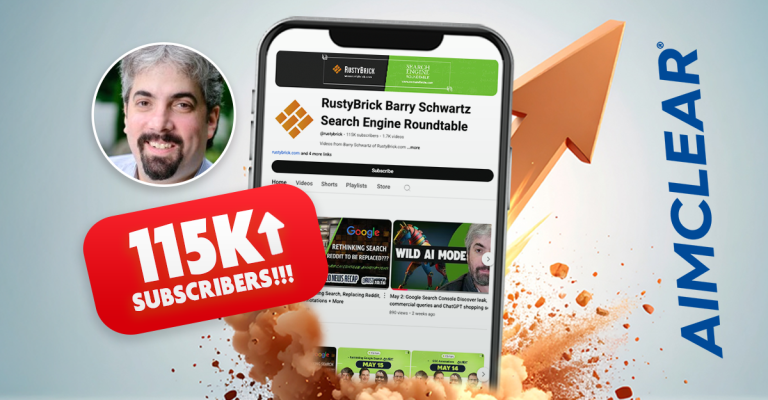Greetings from SMX Travel@PhoCusWright from sunny Orlando. 🙂 The second of today’s sessions was moderated by Chris Sherman, Executive Editor, Search Engine Land. The focus was on respective benefits and tactics for SEO vs. PPC, case studies for pumping landing page conversion, the critical importance of direct brand searches, and the advantages of integrating online and offline sales messaging.

David Feldman, Director, Client Services, iProspect
“Improve your travel ROI by integrating search and offline marketing.” Television, word of mouth, and print influence a staggering 30% of searchers and is influencing 2/3 of all searches. The “offline marketing department” is creating demand with their collateral media and it’s the search marketer’s job to capture that audience and make them pay. The conversion rate of those who previously were exposed to offline ads is a humongous 39%.
Feldman suggests “walking down the hall” for a bi-directional exchange of metrics and coordinated strategies. The offline folks will seriously benefit from the precision of online analytics. The search marketing team benefits from years of experience in crafting messages and gauging sales. Pay attention to how messaging resonates between online and offline sales to totally integrate.
Cree Lawson, Founder & CEO, Travel Ad Network represents premium and long tail websites and markets to the largest travel information audience in the world (according to ComScore). “The secret to publishing in search can be summed up in three words. “Know your audience.” He says to “answer the friggen question!” 🙂 Creating webpages that answer “every question one at a time” is the correct approach for building out websites.
PPC Vs. Organic
PPC and SEO bring different and essential values to any marketing campaign. PPC is immediate but has little long term value…it’s a media buy. PPC can be changed up and tested daily, there’s great control of results, is killer for sites that won’t (or can’t do) SEO, captures misspellings, and gets3-5% of all clicks.
Organic takes time, is an upfront investment (but almost free after), is evolving, but there is less control over results and costs a fortune over time. Optimize repeatedly to keep the traffic coming in. 90% of the clicks from SERPs come from organic.
Cree quipped that many say”feed the assets: starve the liabilities. Only buy what you can’t build,” with the exception of direct brand searches. He says “buy your best organic results and it’s OK to be number 3 in PPC.” Use paid to test organic to solidify. Previewing organic landing page conversion with PPC tests. He case-studied anecdotal benefits of building out thousands of landing pages to “capture the long tail.”
David Zuls, Owner, Hawaii Online Advertising spoke on “optimizing the paid and organic mix.” As always, it starts with keyword research. Use tools like Keyword Discovery, WordTracker, and pay attention to the basics of anchor text SEO. (The newbie SEOs in the house were amazed.)
David suggests buying your own brand name to lock out competition and solidify the message. “Many more companies bid on their brand name than not.” These “navigational “brand name searches make up a significant percentage of PPC clickthroughs
Richard Zwicky, CEO, Enquisite
Richard echoed the message: Travel customers “learn, shop, book, and fulfill. 86% of search referrals are from page 1. For sites which are on page 1, 12% of all page views (outside the secure pages) are from search engines.
Design for a better look and feel as a “path to conversion.” Richard walked the audience through an excellent overview of multivariate landing page testing fundamentals, keyword research, and ad promise testing. He’s an SEO fundamentals guy who works with tag analysis tools, analytics, and conversion tracking.








